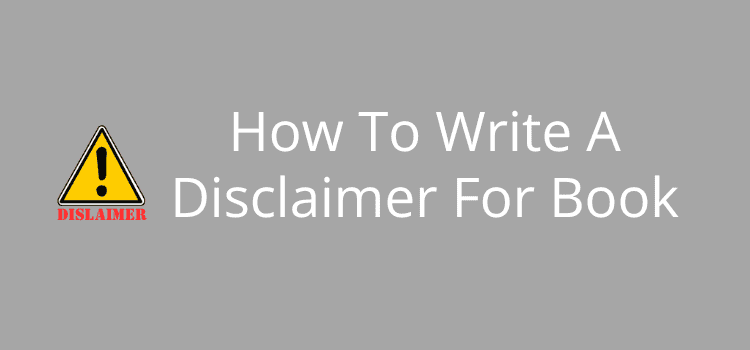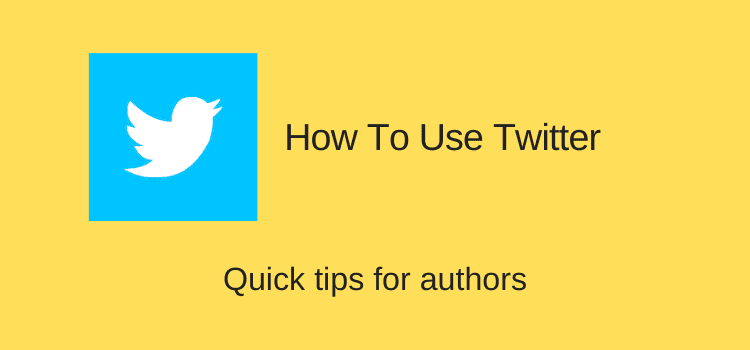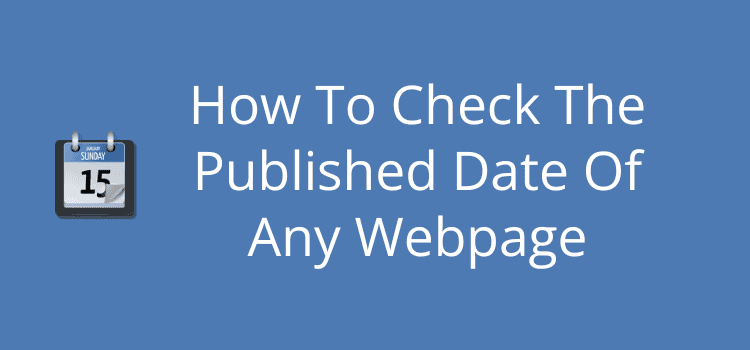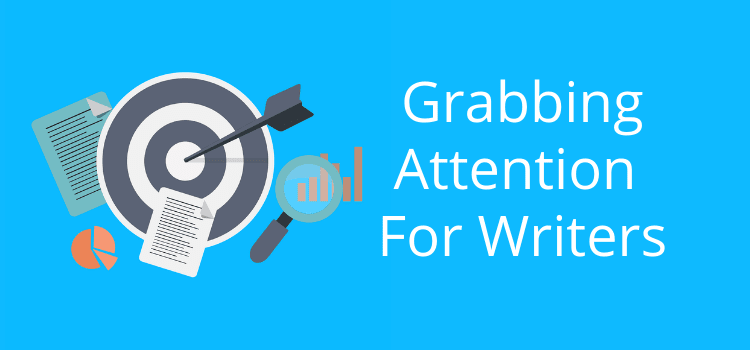
When you are preparing to self-publish a new book, one important element to include is a disclaimer in your front matter.
You’ve probably got a lot of other things on your mind as you get ready to publish.
However, a disclaimer is a vital precaution that will offer you some degree of legal protection.
You should include one for fiction and nonfiction titles, especially for memoirs. In a few sentences, you can make sure that your readers understand what is fact or fiction in your book.
What should a disclaimer include?
Your book’s disclaimer should clearly explain the purpose of your content and any limitations.
If it’s a fiction novel, include a statement that says your characters, events, and places are all products of your imagination.
This protects you from claims that your story may have been based on real people or situations.
For nonfiction, you have to be a little more careful. It is especially true if you’re giving advice on health, legal matters, or finances. You should state that the content of your book is for informational purposes only and does not offer professional advice.
It’s also a good idea to advise your readers to consult an expert for professional advice. It can shield you from liability if they act on what they read.
If you are publishing a memoir, your disclaimer should take extra care to address the use of real people and events. You could say that the events described are true to the best of your recollection. But you might add that you altered certain details for the sake of privacy or storytelling.
If your book covers sensitive or controversial topics, you might also want to include a few sentences clarifying that your views are your own.
This is especially prudent if your writing touches on contentious issues or subjects.
Lastly, if you mention real companies, products, or public figures in your book, you should state that this doesn’t imply any endorsement or affiliation.
In all cases, your disclaimer should be clear yet concise. You can address any potential concerns, but don’t overwhelm your reader with a long passage of text.
Examples of disclaimers
By definition, a disclaimer is a statement that denies something, primarily responsibility, and that you are not legally responsible for something.
It’s a protection mechanism. So, it’s worth the time to make sure you write one that is suitable for your book and its contents.
But you don’t need to go overboard.
I have used a fairly standard one for my fiction books.
While it’s short, it covers me for most aspects in my books.
This is a work of fiction. Names, characters, businesses, places, events, and incidents are either the products of the author’s imagination or used in a fictitious manner. Any resemblance to actual persons, living or dead, or actual events is purely coincidental.
It’s unlikely anyone would challenge you. However, in most cases, even a version as simple as this is sufficient to offer protection.
You might need a few more details for a nonfiction book, as in this example.
The information provided in this book is for general informational purposes only. While the author has made every effort to ensure the accuracy of the information, this book is not intended to provide legal, medical, or financial advice. Readers are encouraged to seek professional consultation for advice specific to their individual circumstances. The author assumes no responsibility for errors or omissions, or for any damages that may result from the use of the information contained herein.
For a memoir, you could use a disclaimer similar to this example.
This memoir reflects the author’s personal experiences and memories. Names and identifying details have been changed to protect the privacy of individuals. The events and conversations described have been recounted to the best of the author’s memory, though some details may have been altered or condensed for narrative purposes. The views and opinions expressed are solely those of the author and are not intended to harm or defame any person, living or dead.
Do you need to consult a lawyer? Generally, no.
However, if you are in any doubt, especially for nonfiction and memoirs, perhaps.
If you think there might be a risk of legal consequences, then yes, it’s a good idea to get legal advice.
Does your book legally need a disclaimer?
No, there is no legal obligation to publish a disclaimer in your book.
However, it can serve as a protective measure, even though it is not a strict legal requirement.
It very much depends on the type of book you are publishing.
If your book contains information or content with the potential for someone to take action, a disclaimer is wise to help you reduce potential legal exposure.
This is particularly relevant for nonfiction books and memoirs.
But for a fiction novel, a disclaimer is optional.
However, it’s still a good idea to include one. If your story could be interpreted as relating to real people or events, then it’s a wise move.
This helps protect you from claims that your characters are based on real individuals.
If you want to research versions of disclaimers that might work for your book, you can check some competitive books in your genre.
On most online ebook and book retailers, you can read a preview of the first few pages of a book, such as Amazon’s Look Inside feature.
From these, you will be able to see what other books use.
Summary
I have never had a legal issue with any of my books in the years I have been publishing.
But that’s not to say that my simple disclaimer has worked efficiently or prevented any issues. Maybe I have simply been lucky.
But I feel safer knowing that it is there.
While it’s not a legal requirement, adding a disclaimer to your book is a good idea, especially if you’re dealing with real people or sensitive topics.
It won’t take you long to draft a few sentences.
For most new authors, you can do it yourself.
But if you have any doubts about the legal aspects of the content of your book, you might want to obtain legal advice.
Related Reading: The Copyright Page For Your Book With A Free Template
Share This Article


